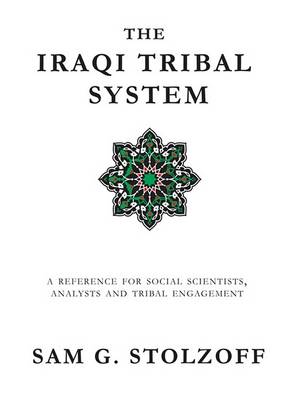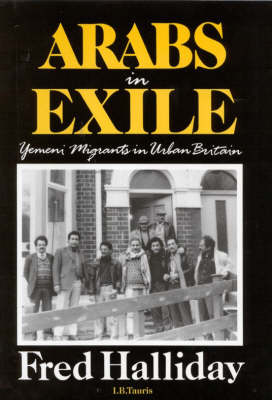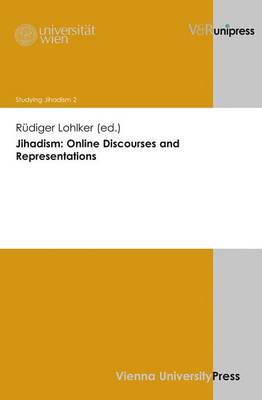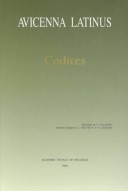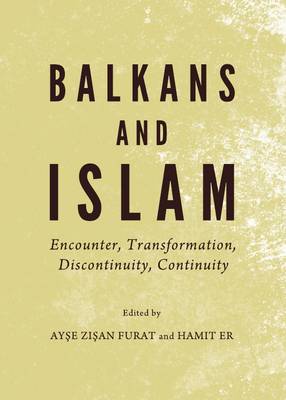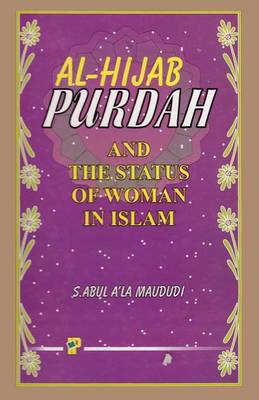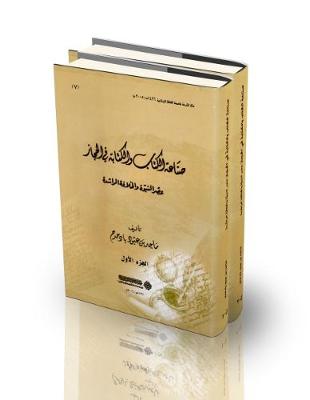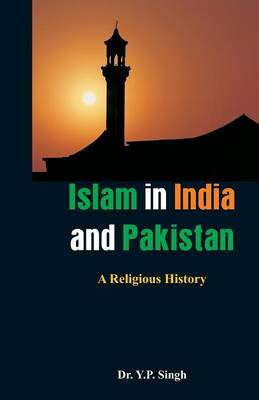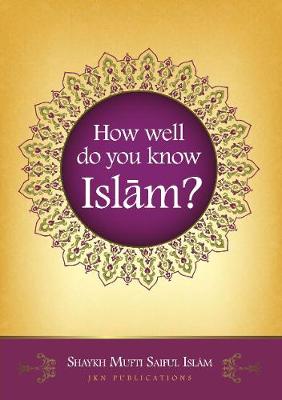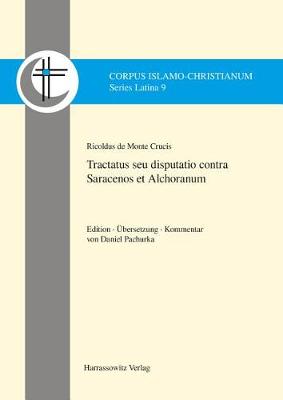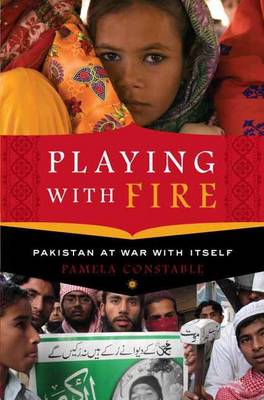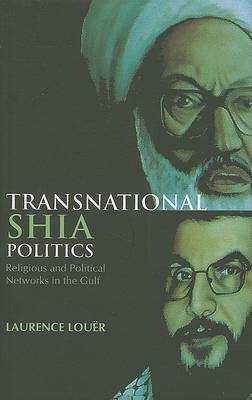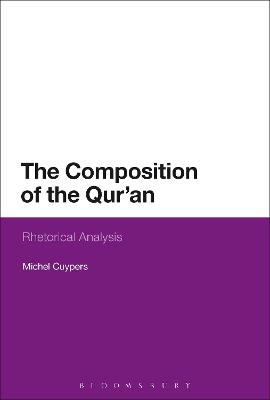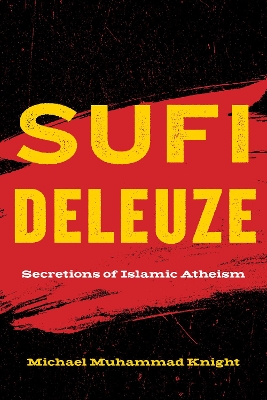Arab migration is not just a feature of recent instabilities in the Middle East. The Lebanese and Syrians have a long established history of migration to Africa, North and South America as well as Europe, while North African Arabs have long established links to France. The Yemeni community in Britain is one of the most established and yet least known of all migrant groupings. Yemenis began settling in British ports at the beginning of the 20th century, and after World War II they became part of...
Learning Arabic in Renaissance Europe (1505-1624) (The History of Oriental Studies, #6)
by Robert Jones
From the first Arabic grammar printed at Granada in 1505 to the Arabic editions of the Dutch scholar Thomas Erpenius (d.1624), some audacious scholars - supported by powerful patrons and inspired by several of the greatest minds of the Renaissance - introduced, for the first time, the study of Arabic language and letters to centres of learning across Europe. These pioneers formed collections of Arabic manuscripts, met Arabic-speaking visitors, studied and adapted the Islamic grammatical traditio...
Codices, Avicenna Latinus, Volume Codices
In the years 1961-1972 Marie-Therese d'Alverny published in Archives d'Histoire Doctrinale et Litteraire du Moyen Age 11 fascicles of a study of the codicological tradition of the Latin Avicenna. In these she identifies and describes more than 150 Latin manuscripts of the Avicennan corpus preserved in European libraries, thus laying the foundation for work later published in the Avicenna Latinus series. These fascicles are photomechanically reprinted here, together with hitherto unpublished mate...
Balkans and Islam
In the growing body of literature about the evolution and the role of Islam in Europe as a whole and the Balkans in particular, this volume holds a special place as it offers a multidisciplinary approach to the encounter-transformation-discontinuity-continuity of Islam in the region. Thus, it provides excellent material for students of social and political studies, history and even architecture, at the bachelor and master level. At the same time, it aspires to attract the attention of researcher...
Book Making and Writing in the Hijaz: Era of the Prophet and the Rashidun Caliphate (Studies)
by Maged A. Badahdah
'Confusing Islam with violence is now commonplace. No book to my knowledge has thus far tackled this problem head on. In fact, on the contrary, many students of Islam as well as media commentators have succumbed to treating Islam uncritically, i.e. as a 'label' ' for violence, practically and theoretically. Here lies the significance of A Divine Duty: it bucks this trend coherently, convincingly, and clearly. At a moment when many self-anointed experts are flooding the world's libraries with boo...
Ricoldus de Montecrucis. Tractatus Seu Disputatio Contra Saracenos Et Alchoranum (Corpus Islamo-Christianum. Series Latina, #9)
by Daniel Pachurka
Mapping UK Muslim Development NGO's (Religions and Development Research Programme, #30)
by Mohammed Ralf Kroessin
Encyclopaedia of Indian History Land, People, Culture and Civilization (Muslim Kingdoms of South)
by Anil Saxena
Encyclopaedia of Islamic Culture and Civilization (Social Aspects of Islamic Culture)
by Shahid Ashraf
Laurence Louer, author of the critically acclaimed To Be an Arab in Israel, brings her extensive knowledge of the Middle East to an analysis of the historical origins and present situation of militant Shia transnational networks. She focuses on three key countries in the gulf: Kuwait, Bahrain, and Saudi Arabia, whose Shia Islamic groups are the offspring of various Iraqi movements that have surfaced over recent decades. Louer explains how these groups first penetrated local societies by espousi...
The text of the Qur’an appears to many to be desperately muddled and lacking any coherence. The Composition of the Qur’an provides a systematic presentation of the writing processes (or rhetoric) and argues that there is indeed a coherence to the Qur’anic text. Michel Cuypers shows that the ancient Semitic texts, of which the Qur’an is a part, do not obey the Greek rhetoric and that their basic principle is therefore not progressive linearity, but symmetry which can take several forms, following...
“There is always an atheism to be extracted from a religion,” Deleuze and Guattari write in their final collaboration, What is Philosophy?. Their claim that Christianity “secretes” atheism “more than any other religion,” however, reflects the limits of their archive. Theological projects seeking to engage Deleuze remain embedded within Christian theologies and intellectual histories; whether they embrace, resist, or negotiate with Deleuze’s atheism, the atheism in question remains one extracted...
